
China's Evs Driving World Into The Post-Carbon Energy Era
The exponential growth of EVs and new energy vehicles (NEVs) is having a positive impact on the air quality in major Chinese cities. Shanghai, Guangzhou and other major Chinese cities have reported notable improvements in the Air Quality Index (AQI).
Chinese EV makers are rapidly expanding overseas. Approximately 80% of all EVs sold in the world last year were made in China. Many EVs from legacy automakers like Ford, Nissan and Kia are made in China or rely on Chinese suppliers for key components like batteries. China accounts for 75% of the world's battery cell manufacturing capacity.
The Chinese government has subsidized its EV industry with over US$200 billion in the past decade. The investment was part of China's program to achieve carbon neutrality by 2060.
The government also uses subsidies to boost the development of batteries, wind turbines, solar panels and other green tech. The country develops more renewable energy capacity than the rest of the world combined.
The explosive sales of EVs are transforming the Chinese and the global automobile industry. Sales of most legacy (internal combustion engines) car makers are cratering, in some cases by over 10% a year.
Several foreign makers of internal combustion energy (ICE) vehicles in China are closing factories and showrooms. Even prestigious brands are struggling. Porche is closing 35 of its 138 dealerships in China.
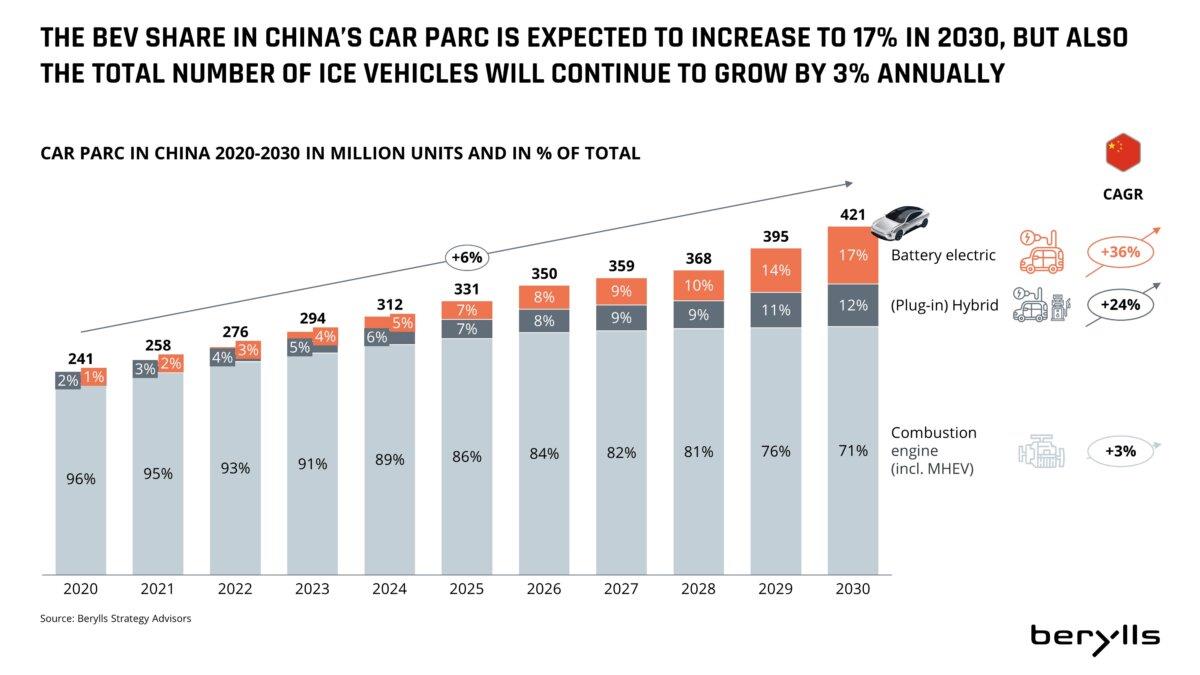
Share of New Energy Vehicles (NEVs). Some experts predict that the ICE's share of the market will be smaller in 2030. Image Copyright © Berylls.
The China EV industry has been built from the ground up, and entirely with Chinese production technology. The industry is vertically integrated and outsourcing is kept to a minimum. Vertical integration leads to considerable advantages in quality control, speed, and cost. Chinese EVs are, on average, half the price of EVs produced in foreign markets.
China's top-selling brand BYD has taken vertical integration to a new level. The car giant controls everything from mining source materials to shipping cars across the world. The company owns lithium mines, makes battery packs, and operates an EV insurance company that covers all parts of the EV supply chain.
Earlier this month the company launched the BYD Shenzhen, its fourth car carrier. The vessel has a capacity of 9,200 electric cars.
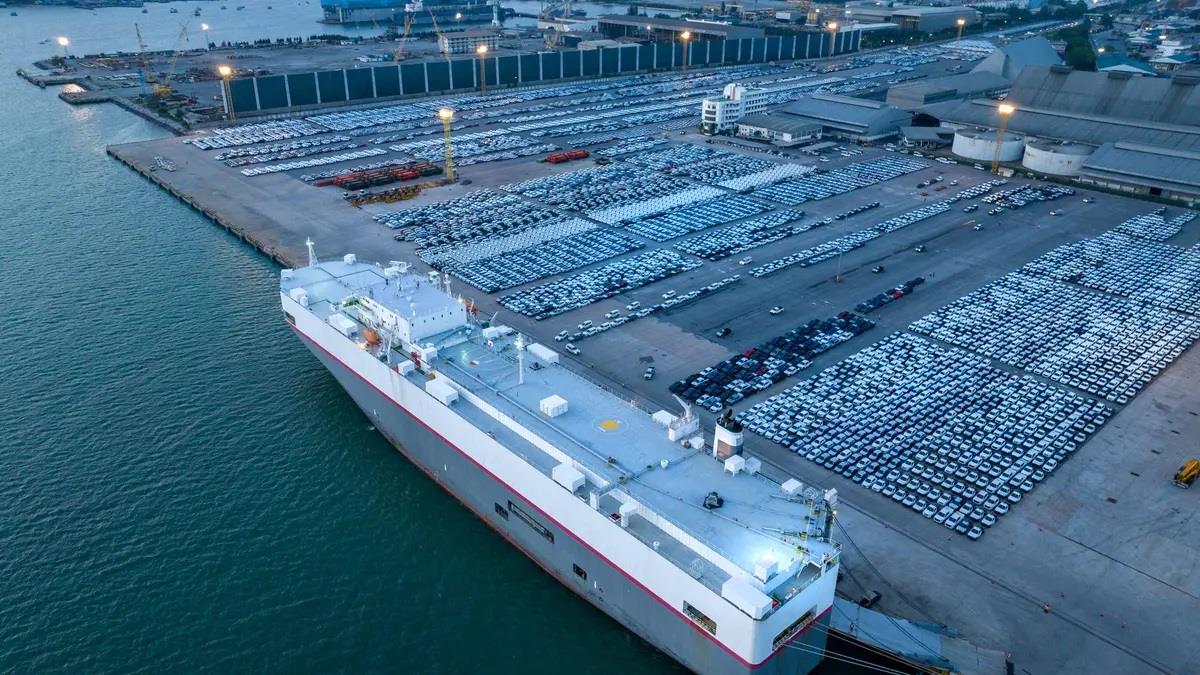
BYD car carrier with a capacity of 9,200 cars. Photo © BYD Global disruption
The electrification of mobility, the biggest disruption in the history of the automobile industry, is shaking up the global car industry. Nearly all legacy car makers are struggling while Chinese EVs are rapidly expanding globally, opening factories abroad or taking over existing factories from legacy makers.

Legal Disclaimer:
MENAFN provides the information “as is” without warranty of any kind. We do not accept any responsibility or liability for the accuracy, content, images, videos, licenses, completeness, legality, or reliability of the information contained in this article. If you have any complaints or copyright issues related to this article, kindly contact the provider above.


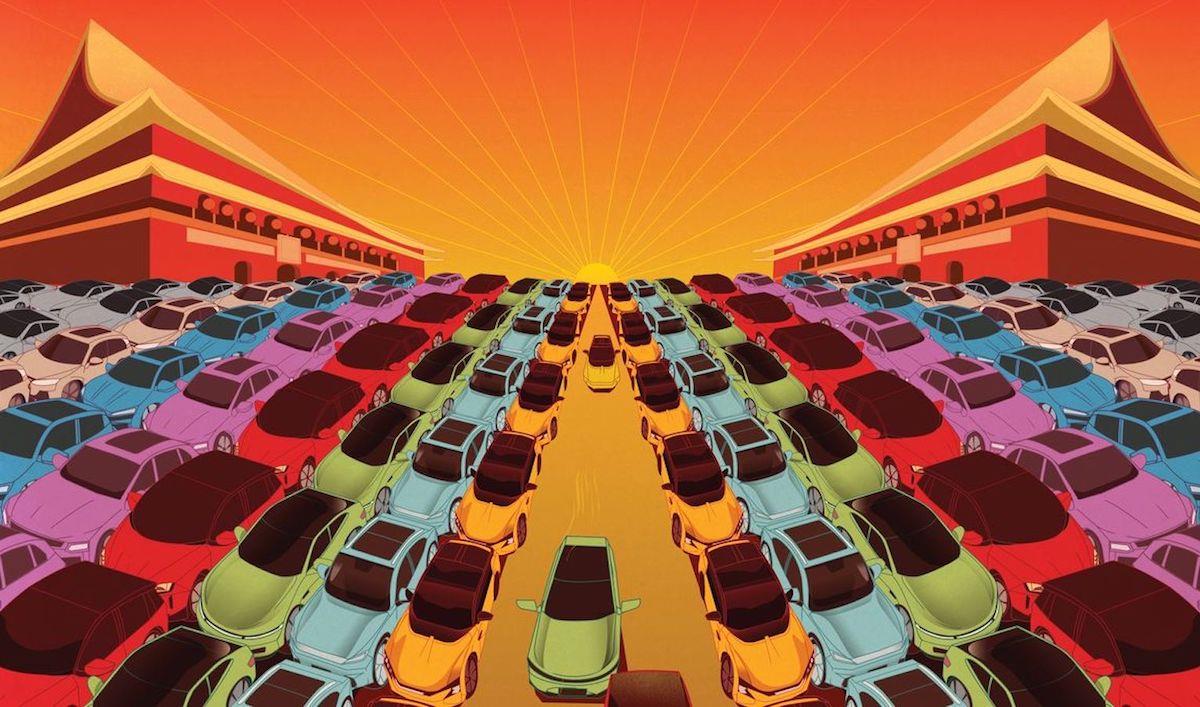

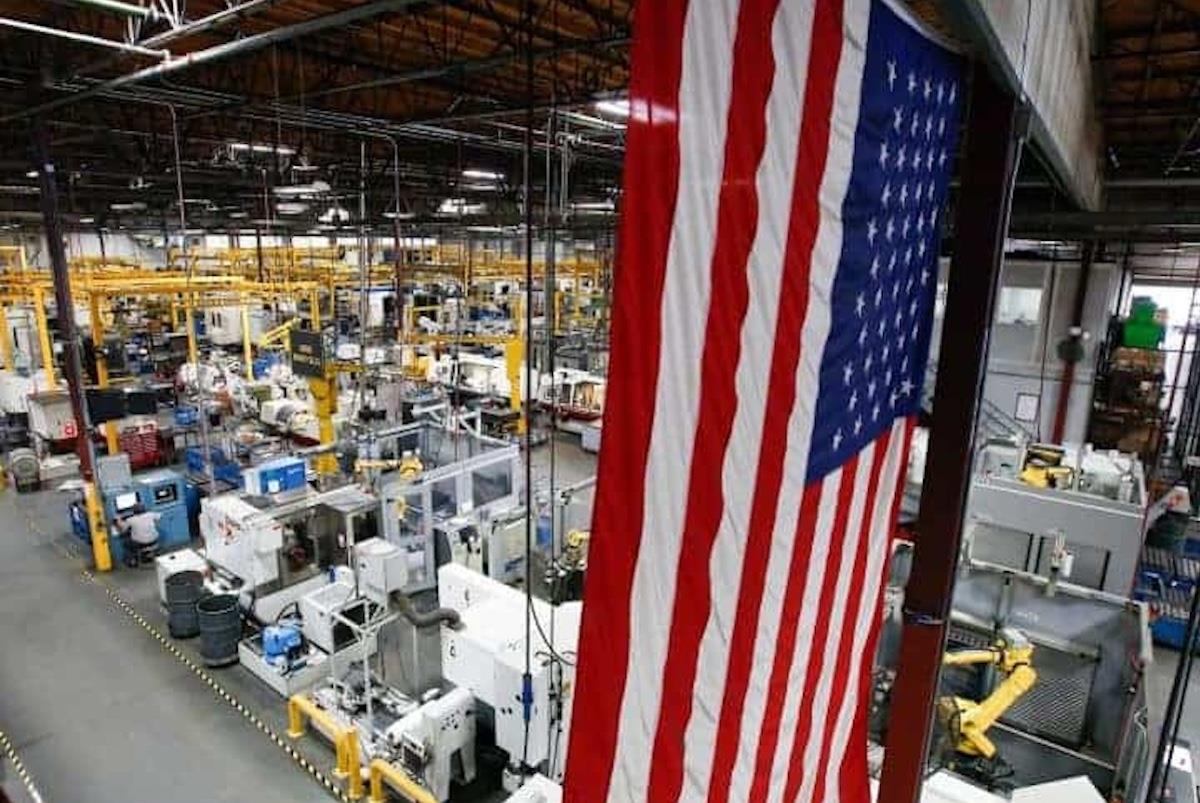

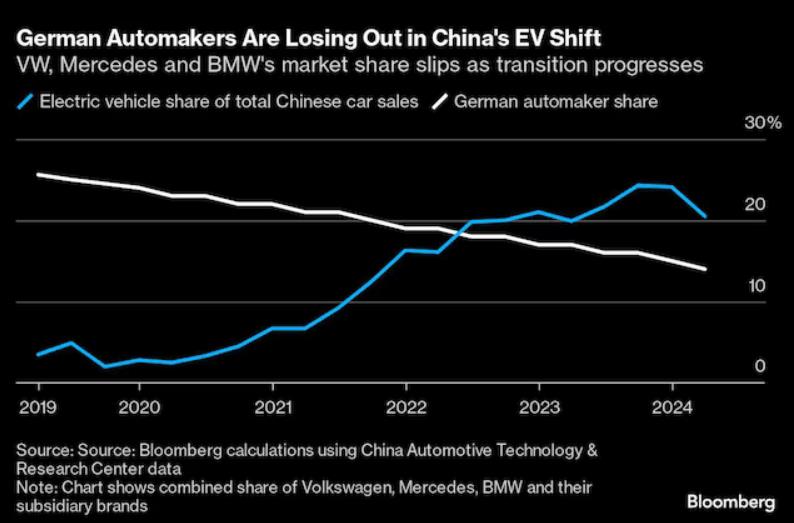





















Comments
No comment